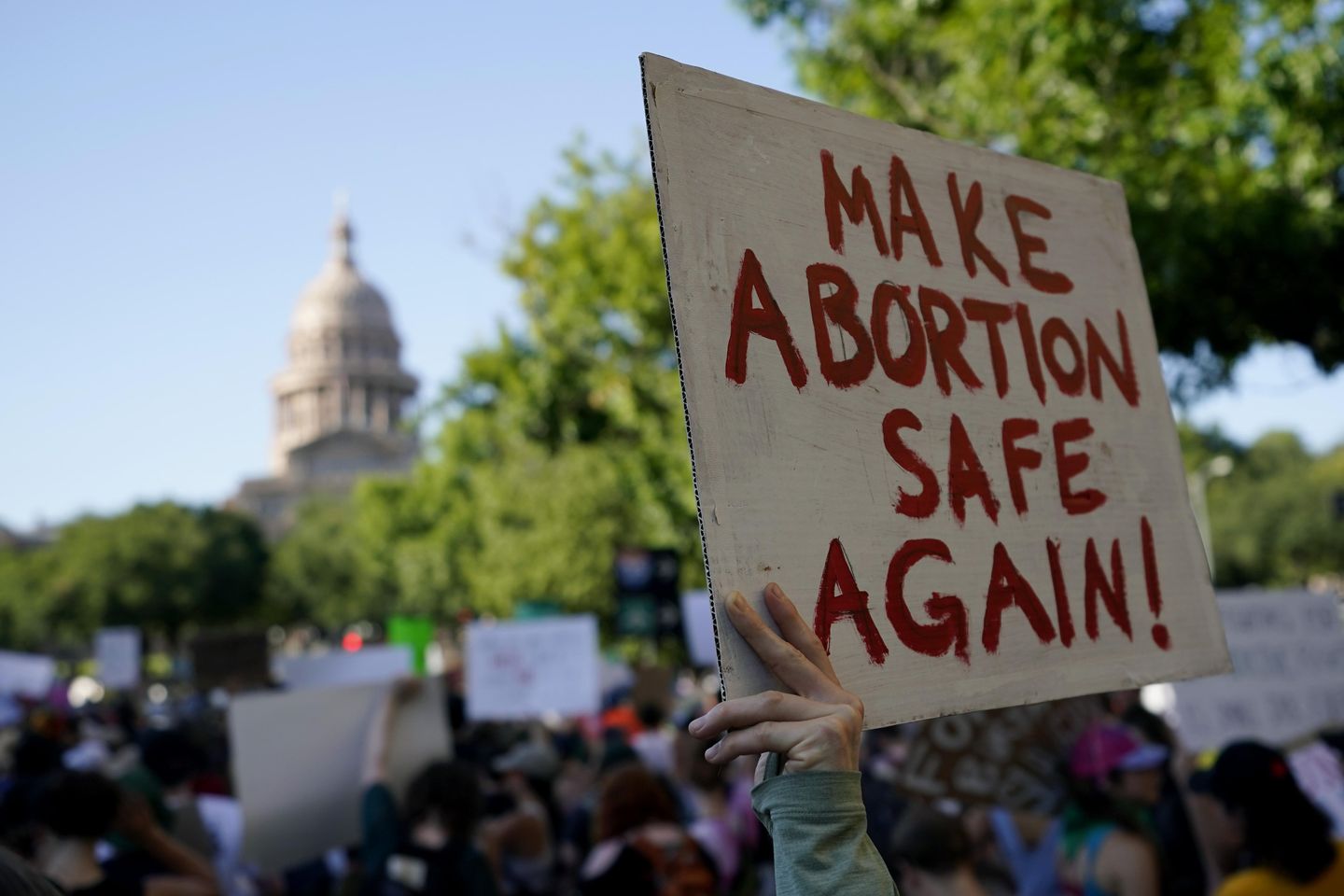The Supreme Court made a significant decision on Monday when it rejected the Biden administration’s attempt to create emergency exceptions to Texas’s strict abortion law. This rejection has sparked controversy and debate across the nation as people on both sides of the abortion issue express their opinions and concerns.
The Texas law, known as Senate Bill 8, went into effect in September 2021 and prohibits abortions once cardiac activity is detected in the fetus, which can be as early as six weeks into a pregnancy. This early detection of cardiac activity is often before many women even realize they are pregnant, making it one of the most restrictive abortion laws in the country.
The Biden administration had sought to create emergency exceptions to the law for cases involving rape or incest. However, the Supreme Court’s rejection of this attempt means that the law remains in place without any such exceptions.
The decision has drawn criticism from pro-choice advocates who argue that the law is unconstitutional and infringes on women’s reproductive rights. They argue that the law effectively bans most abortions in the state and forces women to carry unwanted pregnancies to term, regardless of their circumstances.
On the other hand, anti-abortion advocates have praised the Supreme Court’s decision, arguing that it upholds the sanctity of life and protects the rights of unborn children. They believe that the Texas law is a step in the right direction towards restricting and ultimately ending abortion in the United States.
The Supreme Court’s decision comes at a time when abortion rights are under increasing threat across the country. Several states have passed restrictive abortion laws in recent years, with many of them designed to challenge or overturn the landmark 1973 Roe v. Wade decision that legalized abortion nationwide.
The Texas law, in particular, has been a focal point of the debate over abortion rights. Its unique enforcement mechanism allows private citizens to sue anyone who aids or abets an abortion after cardiac activity is detected, including doctors, nurses, and even family members. This has led to a wave of lawsuits and legal challenges, making it difficult for abortion providers to operate in the state.
In response to the law, many abortion clinics in Texas have been forced to close their doors, leaving women with limited options for accessing reproductive healthcare. Those who can afford it have traveled out of state to seek abortion services, while others have turned to illegal and unsafe methods to terminate their pregnancies.
The Biden administration’s attempt to create emergency exceptions to the law was seen as a last-ditch effort to provide some relief to women in Texas who may find themselves in desperate situations. However, the Supreme Court’s rejection of this attempt has dashed those hopes and left many women feeling abandoned and helpless.
Pro-choice advocates have vowed to continue fighting against the Texas law and other restrictive abortion measures in the hopes of preserving women’s access to safe and legal abortion care. They argue that reproductive rights are human rights and must be protected at all costs.
Anti-abortion advocates, on the other hand, see the Supreme Court’s decision as a victory in their ongoing battle to protect the unborn. They believe that abortion is a moral and ethical issue that cannot be compromised, and they will continue to push for more restrictions on abortion in the future.
The debate over abortion rights is far from over, and the Supreme Court’s decision on the Texas law is sure to reignite passions on both sides of the issue. As the legal battles continue and more states pass restrictive abortion laws, the fight for reproductive rights will remain a hot-button issue in American politics for years to come.









